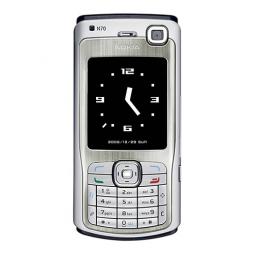The report entitled "Innovative ways of appropriating mobile telephony in Africa" is published by the French Ministry of Foreign and European Affairs and the International Telecommunication Union (ITU).
The democratization of mobile telephony in Africa, its availability, ease of use and, above all, the extent to which it has been appropriated by the public, have made it a major success story. Very low-income populations are not only actively demanding access to mobile telephone services but also innovating by creating the functions and applications they can use. Development is thus happening “from the bottom up” and an entire economy, both formal and informal in nature, has come into being to meet people’s needs. Many different actors – private, public, NGOs – are now mobilized.
Operators and manufacturers have successfully changed their economic model and adapted their products and applications to allow access to services at affordable prices. NGOs have in addition created a range of messaging- based services in different sectors. However, the future evolution of mobile telephony is not clear. A range of different approaches will co-exist, from SMS up to full Internet capacity, including experimental initiatives using smart phones and “netbooks”. Falling costs will lead to an increase in the number of phone devices with data receiving capacity.
Individuals and companies involved in creating services or applications for development will need to take account of their users’ demographics and incomes, as well as the pricing systems of telecommunication companies in countries where they wish to operate. In this, states and regulating authorities have grasped the crucial role which they must play in promoting an investment-friendly environment with the goal of achieving universal access and stimulating innovation – key factors in achieving a “critical mass” of users.
The advent on the African continent of high-capacity links via submarine cables will change the ground rules and force operators to seek new sources of revenue. The inventiveness that has already been evident in mobile voice telephony will be needed once again if the “mobile divide” (in terms of costs, power supply, and so on) is not to widen.
This report takes stock of developments in this sector, which is crucial to Africa’s economic development, and suggests a number of possible directions it might take.

